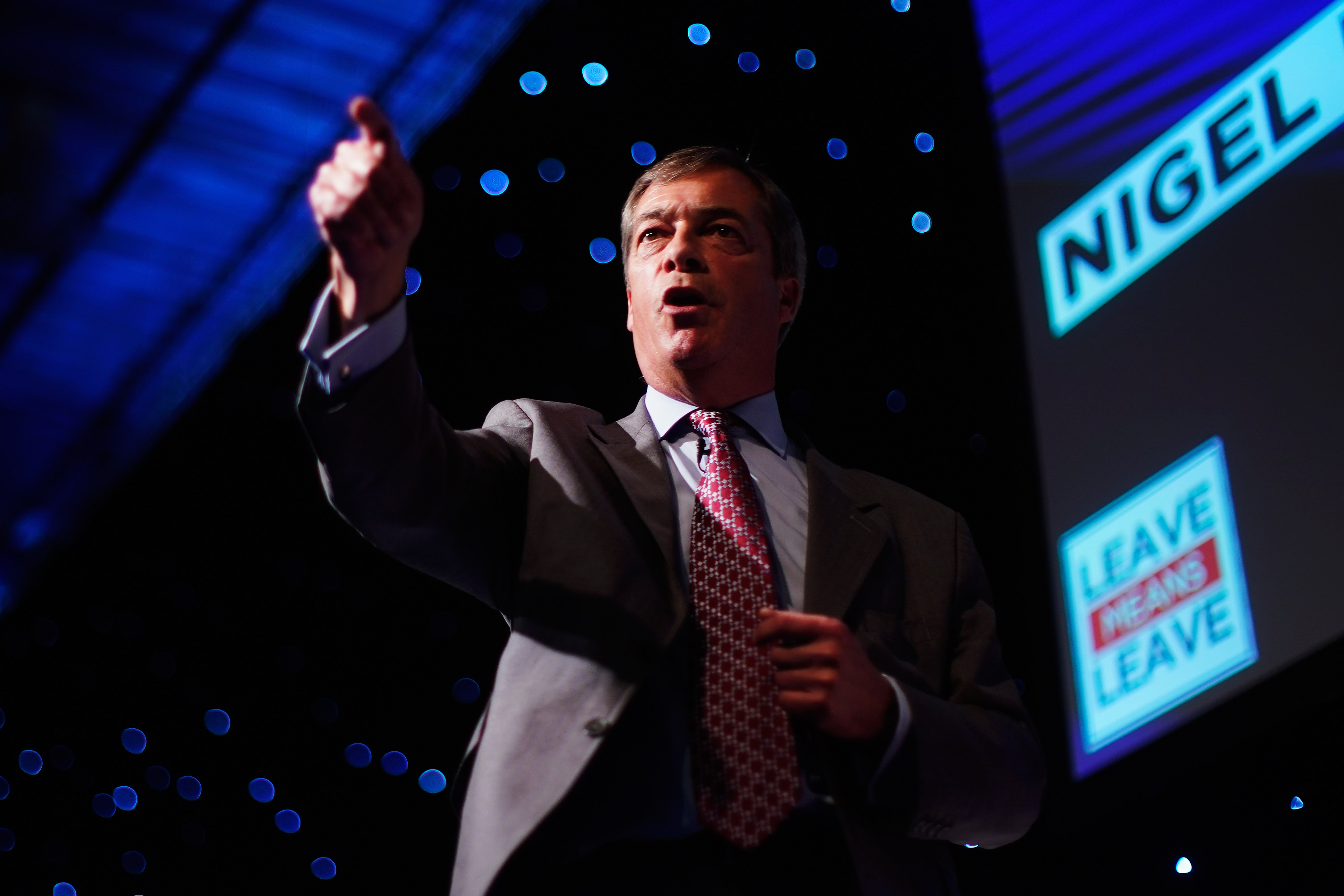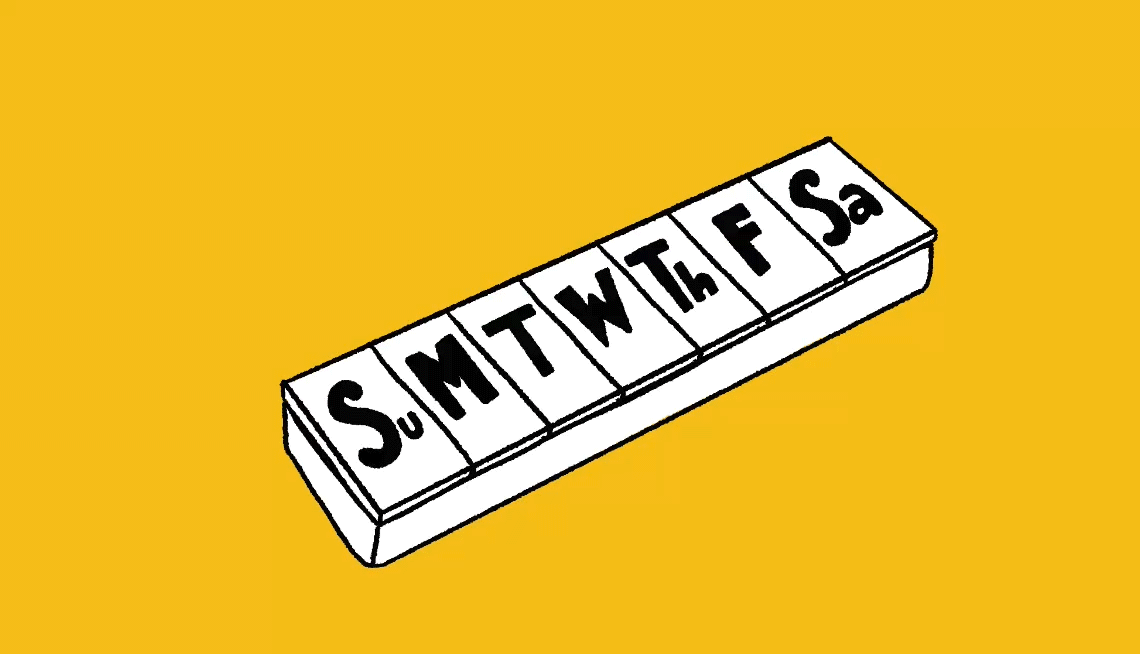
- Select a language for the TTS:
- UK English Female
- UK English Male
- US English Female
- US English Male
- Australian Female
- Australian Male
- Language selected: (auto detect) - EN
Play all audios:
As a Brexiteer, it came as a surprise to my followers when I tweeted my dislike of The Brexit Party. The tweet was a result of me attending one of its rallies in the lead up to the European
elections. Far from cementing my ideals, I felt like I’d walked into a cult. The messaging was simplistic, and oversold the ease of leaving the EU. Ann Widdecombe came across like a
pantomime villain, insulting Theresa May at every opportunity to a “booing” crowd. Each mention of WTO Brexit, on the other hand, was greeted with a “woo”. When I cited my concerns publicly,
others on Twitter told me that I should get on board with the Brexit Party as it was the most effective way to protest at the EU elections. This is not the case, however, as its ambitions
go much further than that. At a 5,000-strong rally (according to the organisers) in Birmingham yesterday, Nigel Farage set out grand plans to run in a general election, promising a £200bn
investment in regions outside London, and saying the party would halve foreign aid. He warned the Tories to step aside so that the Brexit Party can take on Jeremy Corbyn. In fact, if Jeremy
Corbyn gets into Number 10, it’ll be as a direct result of the Brexit Party splintering the Conservative vote. If Farage is really against Marxist Britain, it is he who must allow the Tories
space to get back their mojo. The Brexit Party can talk the talk, but it is almost certainly not prepared to run the country. Its members were almost proud of the fact they had no manifesto
in the lead up to the EU election, and the promises Farage has since brought out sound like they were made up on a post-it note (free broadband for every home, for instance). The
Conservatives have suffered under May’s tenure. They have been anaemic, and argued among themselves more than they have with the EU’s 27 member states. Their total lack of charisma created a
vacuum for the Brexit Party, whose biting rhetoric has proved much more attractive. The Conservatives have also, over the years, completely neglected parts of the country outside London,
treating Twitter – which often reflects London views – as a benchmark of modern opinion. Now they are suffering from payback. The main initiative Tories have pursued to please the north is
HS2, but this has totally backfired: many despise the project, thanks to the increasing costs and epic delays. They would do well to invest in smaller, more noticeable initiatives that they
can build quickly. Even an act such as holding parliamentary debates in the north or the midlands occasionally could help to create equilibrium, and ensure other voices are heard throughout
the country. Jeremy Hunt, even with his commitment to helping farmers and fishers today, will be seen as an extension of the May years, as he lacks the personal gravitas of Boris Johnson and
Nigel Farage. If the Tories want to get through, they will have to throw themselves behind Johnson, whose straight-talking manner and commitment to No Deal will prove popular. Whatever
happens, they face a stark future, having botched a sensible Brexit. If they do not commit to WTO terms, voters go elsewhere – giving Corbyn a better chance of a majority. If they commit to
WTO, they can move ahead, but economic hell becomes likely. Unfortunately, far from being the group to spur Britain into glory, the Brexit Party has made Marxism or No Deal Brexit our two
most likely realities.







